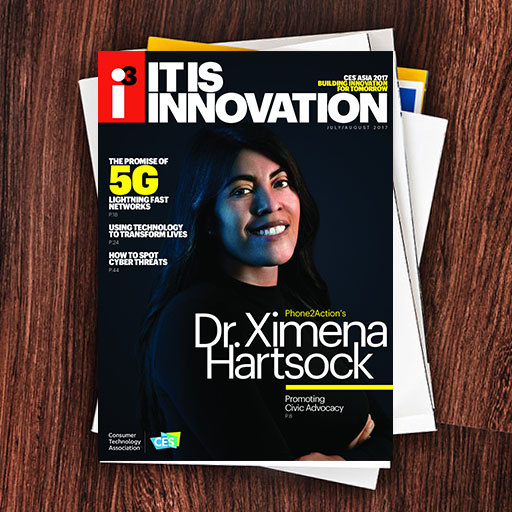These devices are great news for anyone with mild hearing loss or who may have trouble hearing in a busy restaurant. And unlike other hearing aids, which require a visit to a doctor, they can be ordered online or plucked from the shelves at a store. Plus, they are one-tenth the cost of ordinary hearing aids, ranging in price from $100 to $600.
For professional musicians like Einhorn, these devices are a perfect fit. Most hearing aids are hardwired for speech, not the audio complexities music presents that make live and recorded music come to life. While Einhorn regularly uses a hearing aid for daily conversations, the higher and lower frequencies common in music are much harder to discern.
When he first used an over-the-counter device for music in 2014, the difference was life-changing. The first song he listened to was Bob Dylan’s “Tangled up in Blue” – it was perfect, he says.
“I could hear everything: the bass, the guitar, Dylan’s voice,” he says. “It sounded just as good as I remembered. I listened to the song with a hearing aid shortly after – it just wasn’t the same.”
Despite his success with them, current Food and Drug Administration regulations require that the OTC devices are not marketed as traditional hearing devices. As a result, many people have missed out and are just starting to notice. Einhorn says he barely knows another musician using them. But their popularity is growing. CTA research predicts devices like these are expected to sell 1.5 million individual units and earn $225 million dollars in revenue this year. Another 50 percent growth is expected in 2018 as awareness grows.
Paired with strong, responsible guidelines on their creation, putting these devices on the shelves can provide a more personal solution to hearing loss with less commitment, he said. And once musicians have them, Einhorn they would become more encouraged to combat their hearing loss or visit an audiologist.
To help consumers buy high quality hearing devices, CTA also developed a logo to act as a seal of approval for over-the-counter hearing products. If a product carries the CTA logo, consumers can be sure they are buying a quality hearing enhancement device instead of the cheap, ineffective personal amplifiers commonly found today.
“[These devices] offer an unmatched potential and personalization to those with hearing loss,” he says. “Not only can they provide really high quality audio, but keeping these devices away from consumers who can’t afford hearing aids is just plain unfair.”
You can help bring these devices to musicians and others by contacting Congress about the Over-the-Counter Hearing Aid Act. Already, the House of Representatives is poised to pass the bill. Now its Senate’s turn: go to listenupcongress.com and tell your senator to support hearables today!

i3, the flagship magazine from the Consumer Technology Association (CTA)®, focuses on innovation in technology, policy and business as well as the entrepreneurs, industry leaders and startups that grow the consumer technology industry. Subscriptions to i3 are available free to qualified participants in the consumer electronics industry.